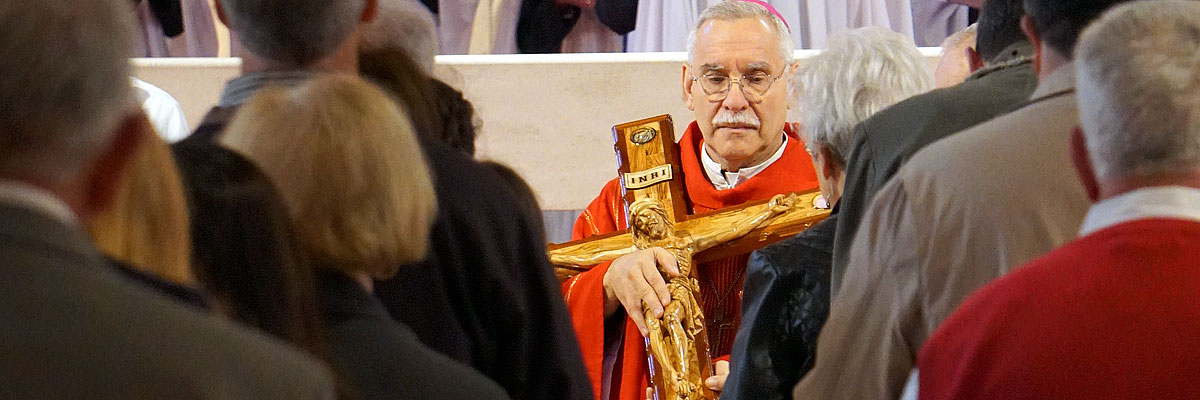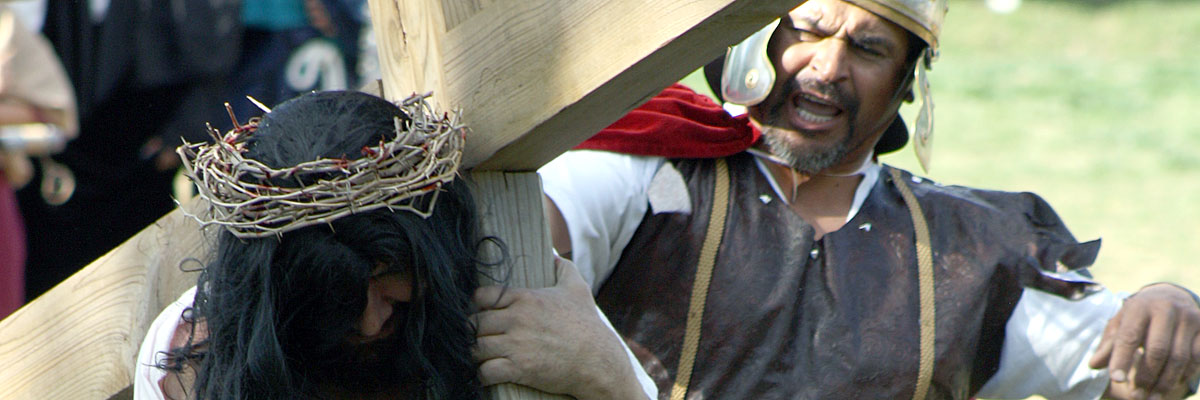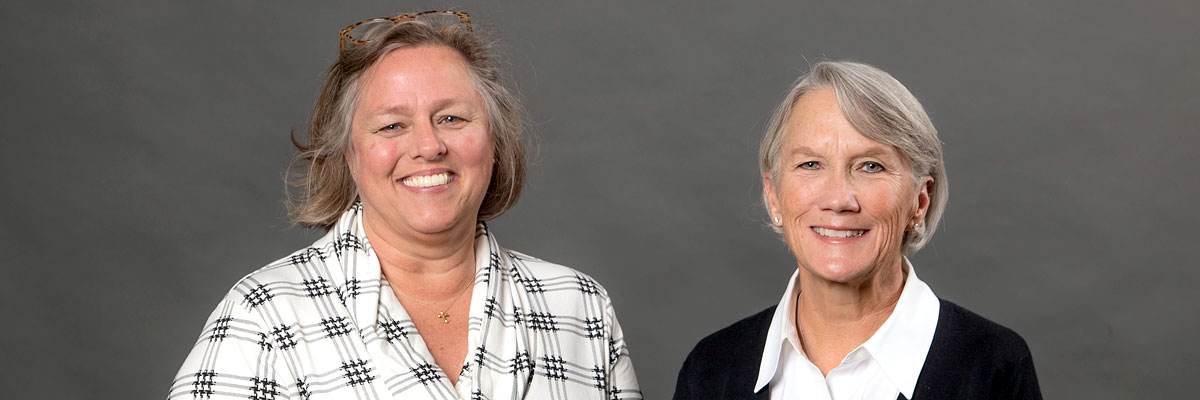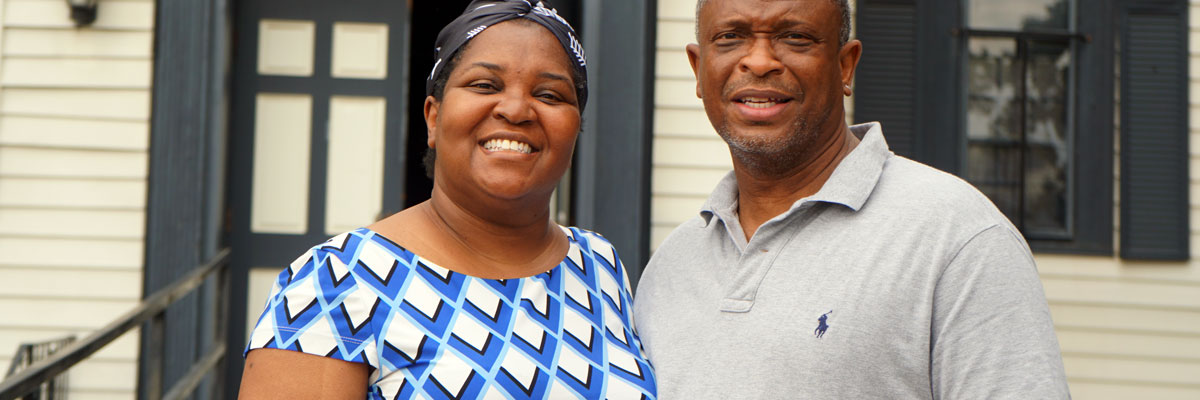Official Website of the
Catholic Diocese of Little Rock
Giving control of life to God is point of Jesus’ message to rich man
Published: July 23, 2005
By Abbot Jerome Kodell, OSB
The Gospel story of the rich man is a puzzler. Why does Jesus say that this man, who has been keeping the commandments since childhood, cannot be saved unless he sells his possessions and gives his money to the poor? Why does he have to do this when others don’t? Zacchaeus was praised for giving half his possessions away, but not all of them, and other well-to-do people, such as Joseph of Arimathea and the women who supported Jesus on his preaching mission, apparently didn’t even have to do that much. But when the man walked away Jesus said, “It is easier for a camel to pass through a needle’s eye than for a rich man to enter the kingdom of God.” Where is the consistency in all this? The New Testament never says that riches are evil. Dangerous, maybe, but not evil. In the hands of good people, wealth can be a blessing for them and many others. Sometimes the Bible is quoted as saying, “Money is the root of all evil.” But this is a misreading of 1 Timothy 6:10: “The love of money is the root of all evil.” It is not money, but being consumed by its desire, that creates the danger. Money itself is good and necessary. Jesus reveals elsewhere that we must become like little children to enter God’s reign. This doesn’t mean we have to be naíve or uninformed, but that we must recognize our dependence on God and stop trying to control everything. A child may be good or bad, clever or slow, but a child always knows that someone else is taking care of things. Having this attitude of dependence on God is hard for the wealthy because riches give power, and power feeds an illusion of control over one’s destiny. Maybe I can build my own security without thinking about God. To be rich and dependent on God at the same time, on the other hand, is a wonderful thing, a source of great good in the world. Clement of Alexandria’s essay, “Who is the Rich Man?” has been quoted since the third century: “There is nothing great or enviable about having no money. If no one had anything, what opportunity would there be for sharing one’s goods?” What we must banish from the heart is “attachment to money, excessive desire for it, morbid excitement over it, and anxiety about it.” Not all rich people, therefore, have to become materially poor to enter the kingdom, but they do have to become dependent on God, like everyone else. “The precept of detachment from riches is obligatory for entrance into the kingdom of heaven.” (“Catechism of the Catholic Church,” 2544) But why did Jesus demand that the rich man give everything away? It was because he was enslaved by a need to control his own life, and his possessions were keeping him enslaved. His response about having kept the commandments told Jesus that the man thought he had bought salvation by observance. His ability to buy everything he wanted made him think he could buy heaven, too. Peter Maurin wrote a memorable “Easy Essay” on this topic: “The world would be better off if people tried to become better. And people would become better if they stopped trying to be better off. For when everyone tries to become better off, no one is better off. But when everyone tries to become better, everyone is better off. …” Abbot Jerome Kodell, OSB, writes from Subiaco Abbey.









